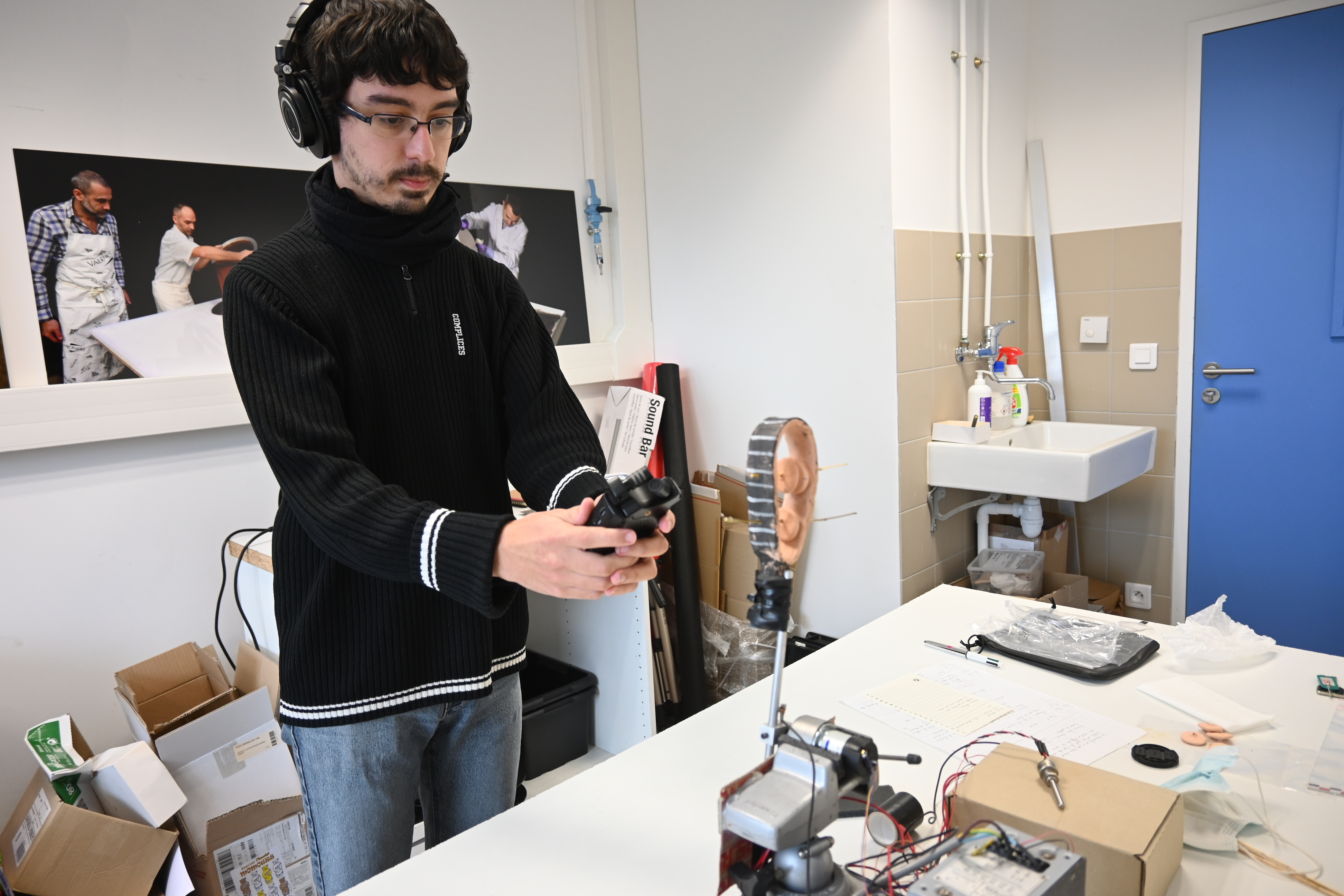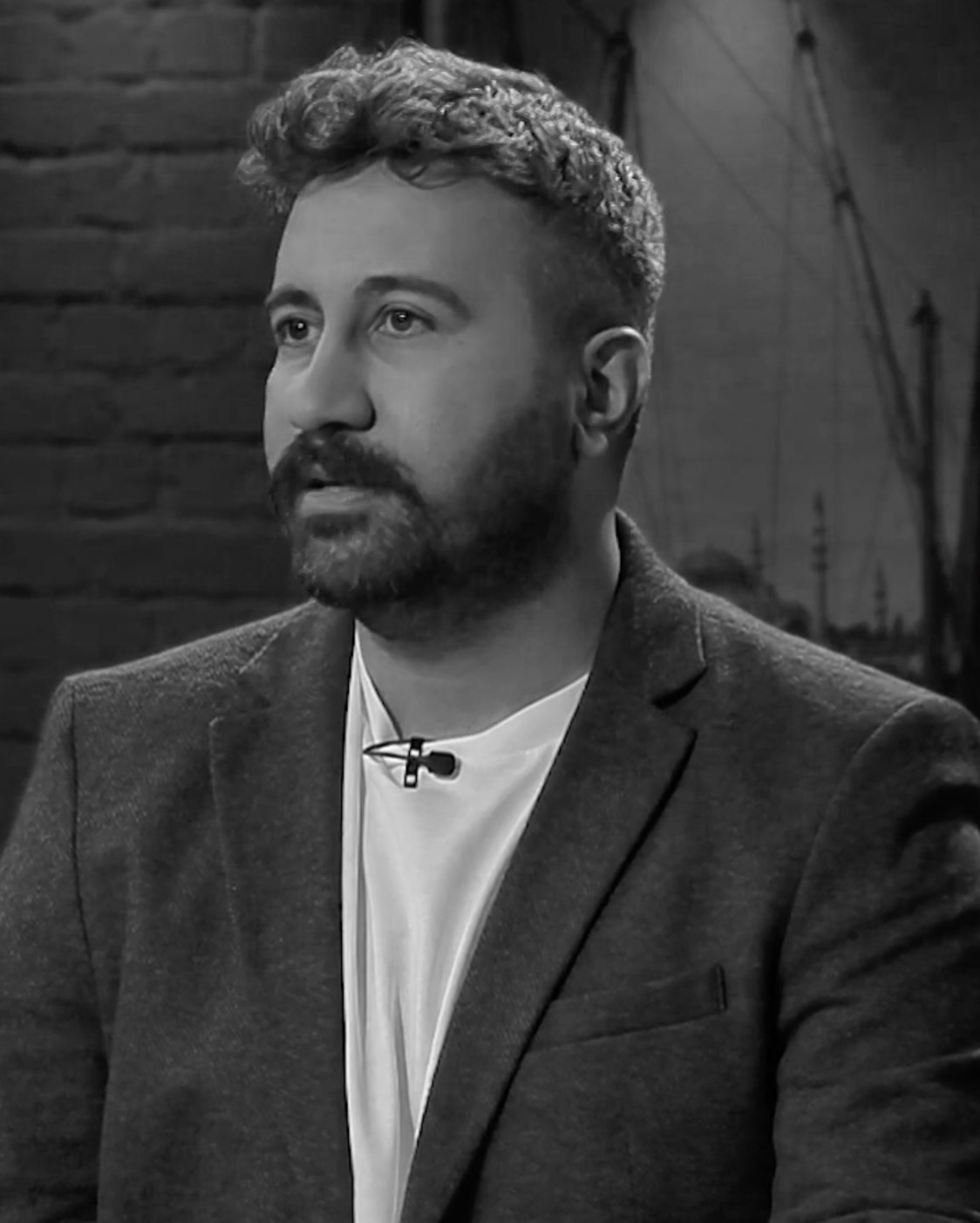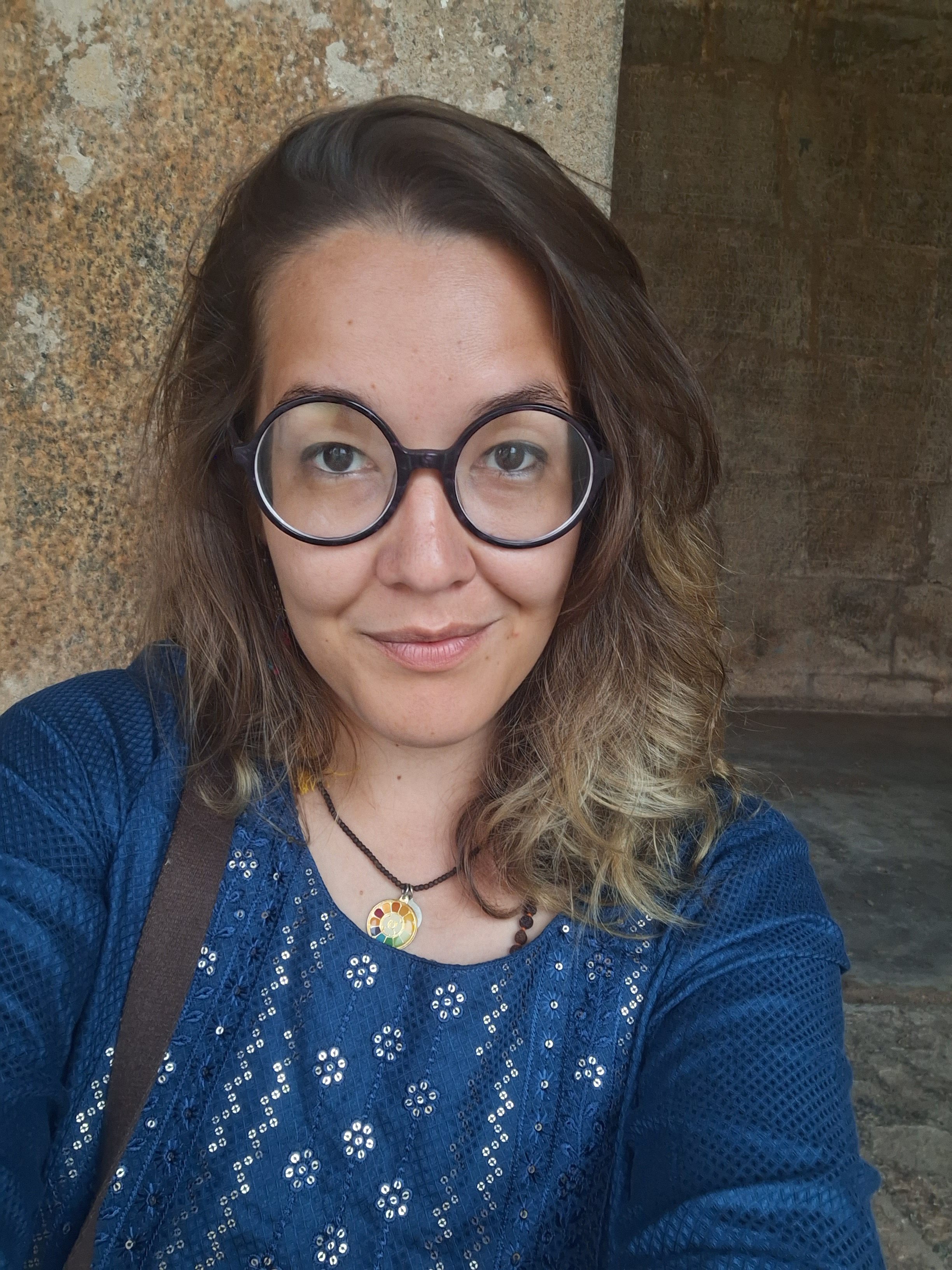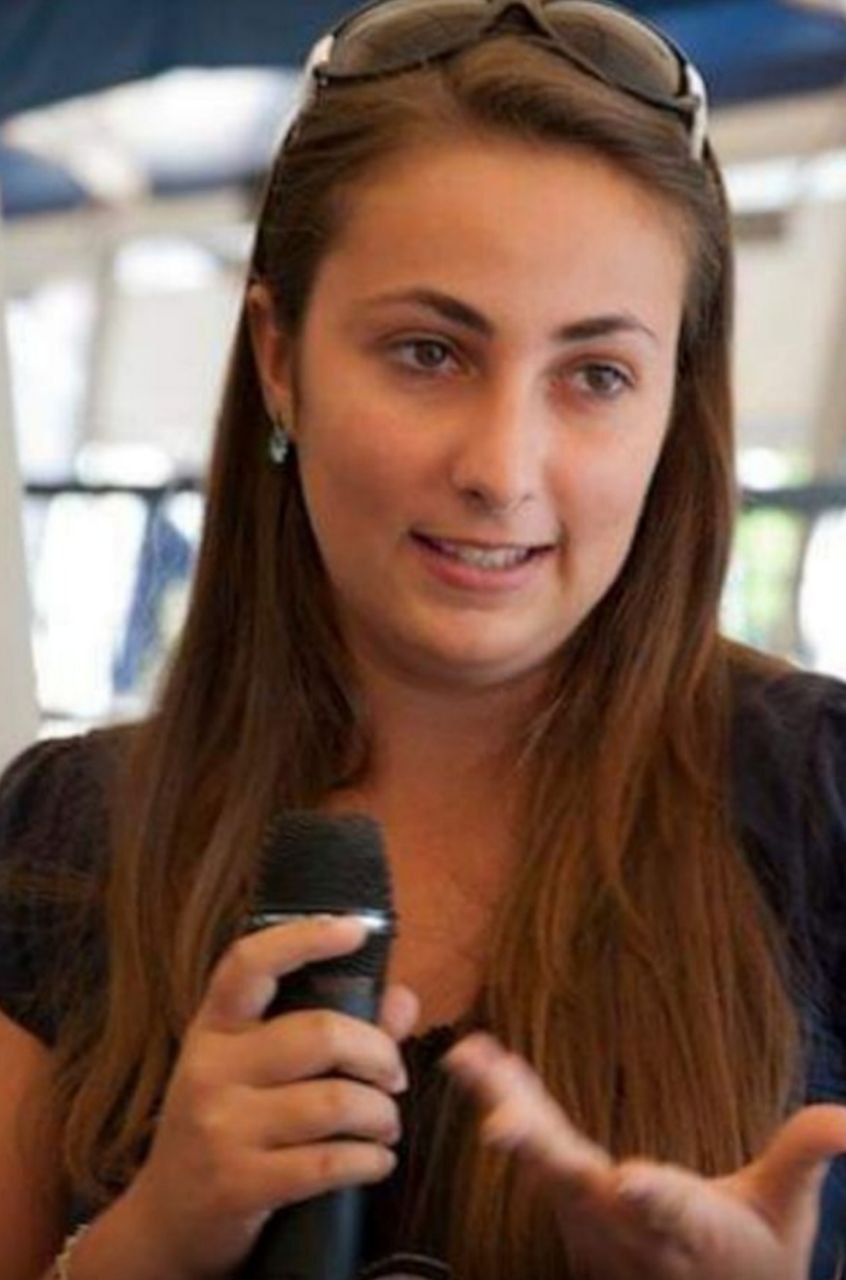Archaeological Institute of America
Deadline: September 15, 2025
Purpose of the Award
Although over the last decade various scholarly disciplines have increasingly devoted attention to ancient music and dance, they have done so by focusing on textual sources. However, in reconstructing features of ancient music and dance performances, the evidence offered by material culture within its archaeological context, although overlooked in previous studies, should play a critical role. Aiming to encourage this approach, the AIA and «Telestes» Award will be awarded to scholars that explore material evidence of music and dance, and highlight how this evidence contributes to a deeper understanding of the cultural and social meanings and functions of music and dance within activities of ritual and everyday life. The winning scholar will show a commitment to reconstructing the many different ways and contexts in which music and dance were experienced.
Moreover, the AIA and «Telestes» Award presents an important opportunity to fill the gap between existing treatments of the sub-discipline of ‘archaeomusicology’, or ‘music archaeology’– rooted quite self-consciously in the methods of ancient music and dance scholars – and the possibilities offered by the rather different perspectives that have recently emerged within archaeology, art history, archaeology of performance, soundscape archaeology, sensory studies, auditory archaeology, aural architecture, and digital heritage.
Criteria for Selection
The award is open to anyone who has defended a Ph.D. thesis no more than two calendar years prior to the nomination deadline. Research is welcomed on the broadly defined Mediterranean region and from other areas of the world. Cross-disciplinary and multi-disciplinary approaches would be particularly appreciated.
Award Prize
The recipient of the award will be presented with a book voucher worth €1,500 (ca. $1,700 USD) provided by Fabrizio Serra Editore (http://www.libraweb.net/marchi.php?chiave=6), the pre-eminent Italian publisher of world-renowned academic journals and an independent, international, and authoritative press of scholarly works specializing in the Humanities and Social Sciences. The award will also include an annual subscription to Telestes. An International Journal of Archaeomusicology and Archaeology of Sound. The award will be presented during the 2023 AIA Annual Meeting.
Materials to be Submitted
Complete the nomination form which includes submitting a copy of the Ph.D. thesis in PDF format. The preferred language for the dissertation thesis is English, but other languages (including German, French, Italian, Portuguese, and Spanish) are acceptable.
Review Process
Nominations for the award will be considered by the Archaeomusicology Interest Group Chair (AMIG) and a selection of AMIG members. Fabrizio Serra Editore may designate an ex officio representative of its own choosing. The review panel may choose to distribute the award equally between two candidates who are considered of equal merit.
Notifications Procedure
The committee will review nominations and make a decision by October. This decision then needs to be approved by the AIA’s Governing Board. In November, AIA Staff will contact all nominators regarding the status of their nomination. The winner will be celebrated at the Awards Ceremony in January.
Archaeological Institute of America
2000 Commonwealth Ave.
Ste 415
Auburndale, MA 02466

2025
The Archaeological Institute of America is pleased to award the 2025 AIA «Telestes» Award for Material Culture Research in Ancient Music and Dance to Dr. Alexandre Pinto of the Paris Panthéon-Sorbonne for his groundbreaking doctoral thesis titled “From Object to Sound: Conch, Crotalum, Cymbal, Sistrum. Sound Objects in the Aegean World During the Bronze Age.” Pinto’s research has pioneered the exploration of sound-producing artifacts from the Aegean Bronze Age, a domain that has remained relatively underexplored in musical archaeology.
Dr. Pinto’s work stands out due to its innovative approach aimed at understanding the historical sonic landscapes by focusing not just on music but on the material culture and acoustics of ancient instruments—conches, crotala, cymbals, and sistra. His exhaustive study reevaluates archaeological artifacts that had not previously been explored through such a lens, bridging gaps between archaeology, ethnology, and experimental musicology.
One of the core contributions of Dr. Pinto’s research is his departure from the conventional music-centric perspectives often seen in contemporary studies. Instead, he emphasizes a holistic view that integrates craftsmanship, production methods, and the physical transformation of these instruments to understand their acoustic roles in society. By suggesting that these artifacts were deliberately crafted to emit sound, Pinto reconstructs an early soundscape of the Cretan region, where most of the surveyed artifacts were found. Dr. Pinto’s methodology synthesizes detailed material descriptions, ethnographic comparisons, and experimental practices to analyze each category of instrument. His rigorous experimental archaeology component is particularly innovative, as it provides tangible insights into ancient manufacturing techniques and practical use of the instruments, contributing to a more nuanced and empirical understanding of Aegean protohistoric soundscapes.
Overall, Dr. Pinto’s research not only provides a refreshed synthesis of Aegean sound objects but also lays foundational work for future research in the field. By integrating perspectives from different disciplines, he successfully constructs a robust framework for studying sound artifacts that underscores their historical and cultural significance beyond mere musicality. His discerning focus on the interplay between sound and materiality exemplifies a transformative scholarly approach, positioning his work as a seminal reference in the field of ancient music and dance material culture research.

2024
The Archaeological Institute of America is pleased to award one of two 2024 AIA «Telestes» Awards for Material Culture Research in Ancient Music and Dance to the thesis “Historically Informed Soundscape Design: A Method for Digital Reconstruction of the Historical Soundscapes” by Hasan Baran Firat.
The Archaeomusicology Interest Group specifically chose Dr. Firat’s thesis given that his work is one of the most groundbreaking pieces of research in recent years devoted to the application of soundscape studies in history. Historical soundscape studies have become a topic of great interest, particularly in the field of archaeomusicology, archaeoacoustic, aural architecture, and soundscape archaeology. The predominant focus of his work is to apply the latest developed digital technologies to historical soundscape research.
Furthermore, this dissertation focuses on the intersection of soundscape, sensory history, virtual reality, and architectural acoustics opening up new possibilities in virtual reality to recreate past worlds. While some research methods have been applied to historical soundscape reconstructions, this study seeks to create a more concrete and better-established framework to reconstruct past’s auditory environment in a multi-disciplinary way through the physically based modelling approach. In addition, this study tries to expand sensory history studies to digital heritage studies and aims the improvement of our understanding of past by making possible experiencing them.
For all these reasons, the Archaeological Institute of America is delighted to bestow on Dr. Hasan Baran Firat a 2024 AIA «Telestes» Award for Material Culture Research in Ancient Music and Dance.

2024
The Archaeological Institute of America is pleased to award one of two 2024 AIA «Telestes» Awards for Material Culture Research in Ancient Music and Dance to the thesis “Representações dos 108 Karanas: Construção de discursos do passado indiano a partir do corpo, da dança e da materialidade” by Thaisa Martins Coelho dos Santos.
The Archaeomusicology Interest Group specifically chose Ms. Martins Coelho dos Santos’s thesis given that her transdisciplinary work is one of the most interesting research projects devoted to dance and archaeology of the last few years. Beyond approaching dance as an object of analysis in her study of the gopuras (gaites) of the templar complex of Thillai Nataraja (Chidambaram, Tamil Nadu, India), Ms. Martins Coelho dos Santos’ research proposes that archaeology has much to gain working alongside the study of dance through a transdisciplinary perspective that considers the body to be material culture and a site of knowledge production and discourse through movement.
For these reasons, the Archaeological Institute of America is delighted to bestow on Ms. Thaisa Martins Coelho dos Santos a 2024 AIA «Telestes» Award for Material Culture Research in Ancient Music and Dance.

2023
The Archaeological Institute of America is pleased to award the 2023 AIA «Telestes» Award For Material Culture Research In Ancient Music And Dance to the Ph.D. thesis “Buried in the Senses: Investigating the North Mesopotamian Early Bronze Age Sensorial Experiences of Mortuary Rituals with GIS” by Dr. Agata Maria Catena Calabrese.
Dr. Agata Maria Catena Calabrese’s thesis is celebrated by the Archaeomusicology Interest Group Chair as one of the most interesting and groundbreaking research studies in recent years devoted to sensory and soundscape archaeology studies. Dr. Calabrese’s work involved many different aspects of multisensory experience in ritual activities and the funerary sphere related to archaeological sites of North Mesopotamia during the Early Bronze Age (EBA). The mortuary arena in Early Bronze Age Mesopotamian society included many different rituals and related multi-sensorial experiences; among these visibility, touch, movements, sounds, smell, and tastes played a major role. In her work, Dr. Calabrese explored funerary evidence in a new way, as well as the potential of sensorial and sound experiences analysis, in order to enhance our knowledge of past societies.
For all these reasons, the Archaeological Institute of America is delighted to bestow on Dr. Agata Maria Catena Calabrese the 2023 AIA «Telestes» Award For Material Culture Research In Ancient Music And Dance.
Notifications